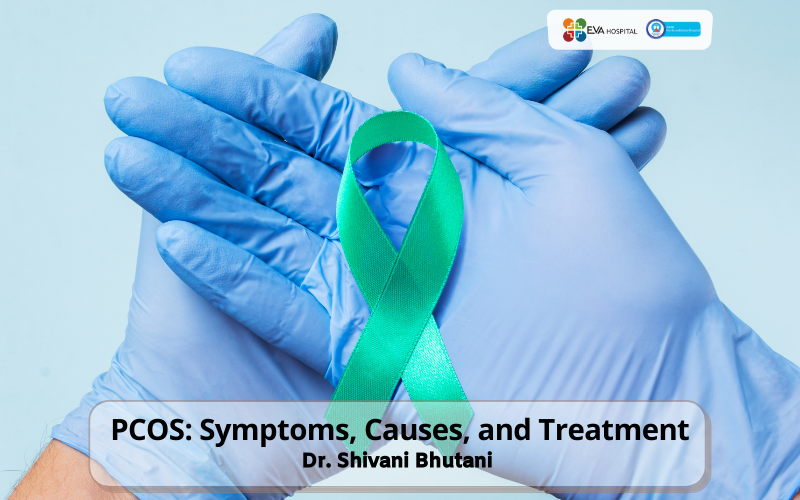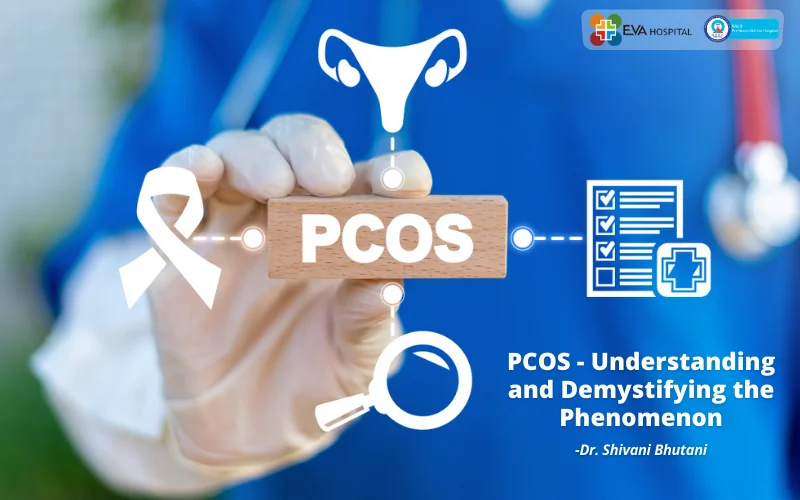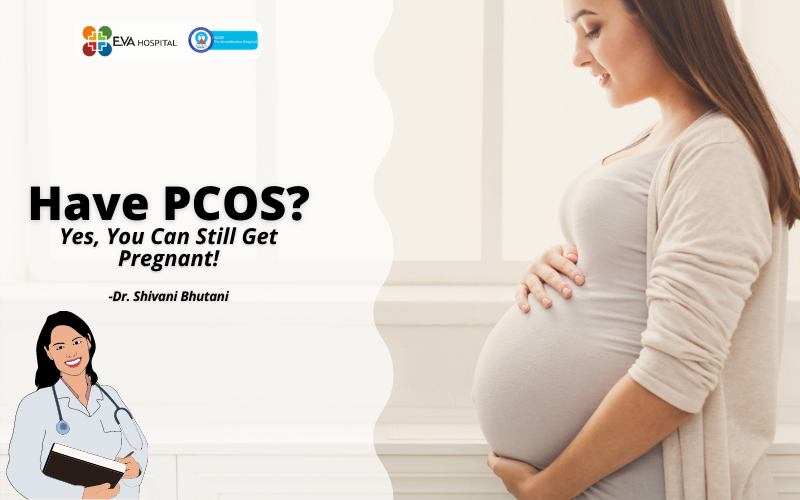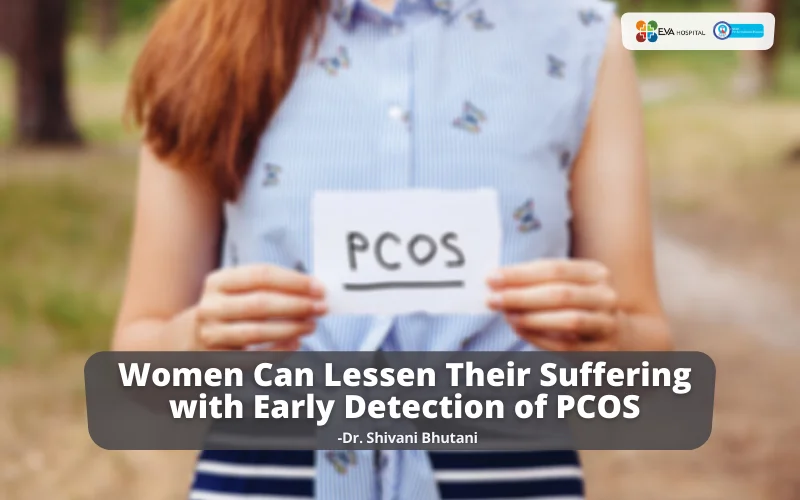How Polycystic Ovary Syndrome (PCOS) Affects Fertility and How to Manage It

Polycystic Ovary Syndrome (PCOS) is a common hormonal disorder affecting people with ovaries, particularly during their reproductive years. One of the significant concerns for individuals diagnosed with PCOS is its impact on fertility. Understanding how PCOS affects fertility and exploring effective management strategies is crucial for those navigating this condition on their journey to parenthood.
Polycystic Ovary Syndrome (PCOS): Symptoms, Causes, and Treatment

Polycystic Ovary Syndrome and Pregnancy is a condition that affects a woman’s hormone levels during their childbearing years. Women’s ovaries, the reproductive organs that produce the menstrual cycle regulating oestrogen and progesterone are affected in PCOS.
PCOS – Understanding and Demystifying the Phenomenon

Polycystic ovary syndrome or PCOS is a common hormone disorder in women of reproductive age. However, it remains a mystery owing to its diverse diagnosis and deceptive name.
Have PCOS? Yes, you can still get Pregnant!

If you have PCOS, you can still get pregnant and have a healthy pregnancy with various treatment options available.
PCOS is a condition where the female fails to ovulate regularly.
Women Can Lessen Their Suffering with Early Detection of PCOS

Hormones are chemicals made in your body and secreted into the bloodstream to carry messages to different organs that regulate their functioning.
What should be the Diet and Nutrition Plans for PCOS?

For women with PCOS, a balanced diet with high fiber foods and vegetables is quite essential. Foods like high fiber vegetables (broccoli, cauliflower, Brussels sprouts, green and red peppers, beans, almonds, berries, sweet potatoes, and pumpkin) help in keeping insulin resistance low by slowing down digestion.



